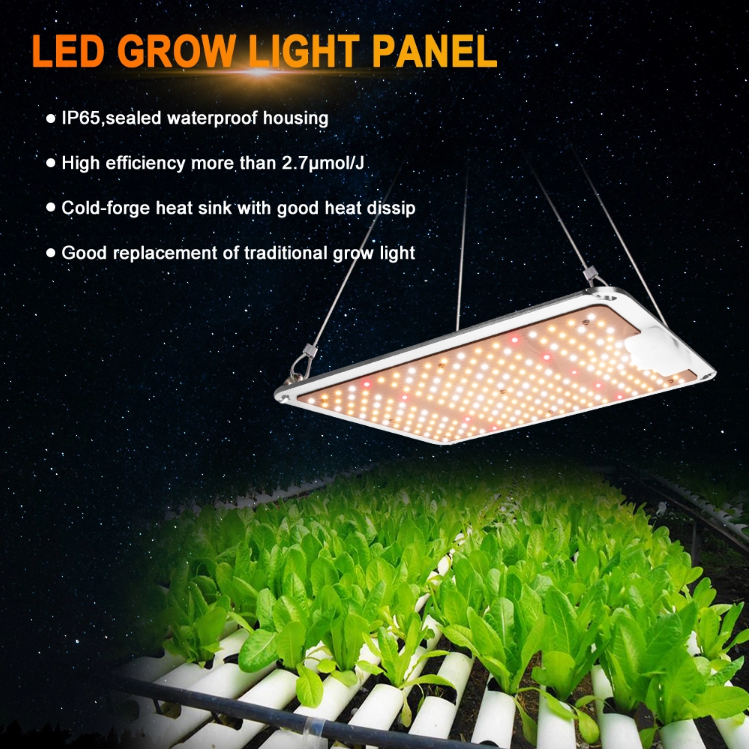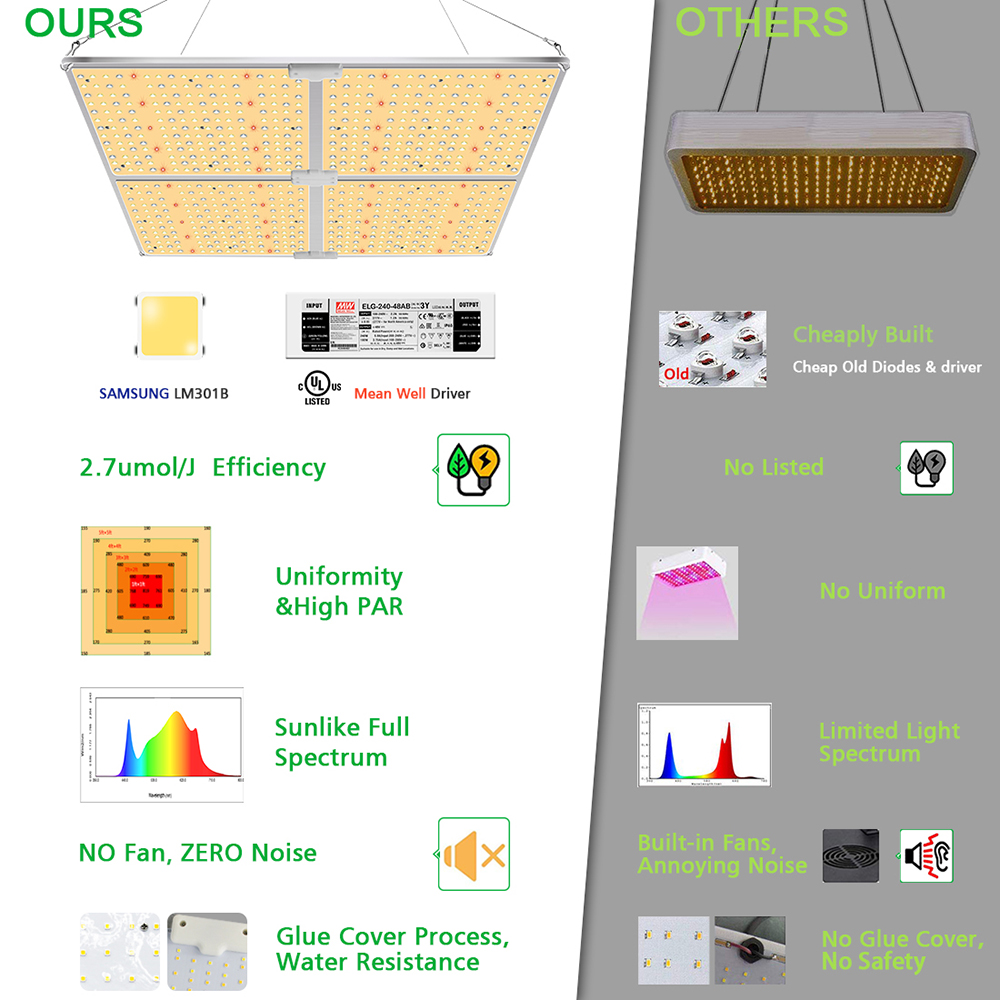Gainesville, Florida – Controlled Environmental Agriculture Indoor agriculture provides a promising opportunity to maintain and develop our food system in the face of climate change. This agricultural system requires less land and inputs than traditional agriculture. These agricultural systems are typically located in or near urban areas, which reduces or eliminates supply chain distances. However, little is known about the conditions required for successful indoor planting of many widely consumed crops, as well as the genetic advantages that can enable a smooth transition to indoor planting. The Precision Indoor Plants (PIP) Alliance of the Food and Agricultural Research Foundation (FFAR) is providing a grant of $2112454 to the University of Florida to identify and enhance the physical and genetic characteristics of tomatoes that affect their flavor and adapt them to controlled environments
“Controlled environment agriculture has the potential to completely change our relationship with food by making our crops more nutritious, delicious, and accessible.”. John Reich, Director of the FFAR Science Program and Director of PIP. “This research is expanding controlled environmental agriculture to popular crops, while also making indoor grown crops more popular with consumers.”
To date, research and development in a controlled environment has focused primarily on yield, and priority has been given to rapidly providing high yield lettuce and other green leafy vegetables in a controlled environment. Due to the current small market for indoor grown crops, major seed companies are reluctant to invest in developing other crop varieties that require genetic enhancement or specialized technology to transition to indoor grown crops. PIP attempts to alleviate this hesitation by investing in research to promote indoor crops with characteristics that consumers expect, such as flavor

Researchers at the University of Florida were led by Dr. Denise Tieman and collaborator Dr. Dr. Robert Jinkerson of the University of California, Riverside. Leo Marcelis of Wageningen University and Dr. Hye Ji Kim of AeroFarms are targeting the characteristics, techniques, and ideal growth conditions for tomatoes to thrive in controlled environments. Researchers are determining the ideal physical properties of tomatoes to control the environment – producing more fruit on smaller plants, such as optimizing yield under various conditions. They also optimized plant growth, planting tomato varieties under a range of different indoor agricultural conditions, and adjusting inputs such as light, temperature, and fertilizer.
The research also offers an opportunity to develop tomato varieties that taste good to consumers, something that has traditionally been difficult to achieve in outdoor environments, where breeding efforts focus on yield and disease resistance at the expense of flavor. The team is selecting the savory tomato varieties that have the most potential when grown indoors, and introducing genes that control flavor traits into high-yielding varieties grown indoors, so neither trait comes at the expense of the other. The goal is to reveal environmental conditions that will provide consumers with consistently tasty tomatoes while providing farmers with the high-yielding crops consumers demand
“Consumers are generally unhappy with the taste of tomatoes in supermarkets,” Tieman said. If we can provide delicious tomatoes year-round through indoor farming, consumers will consume more tomatoes and become happier and healthier.”The ultimate goal of the project is to lay the foundation for future breeding improvements. This study provides a range of traits that are particularly suitable for growing in a controlled environment and further understanding of plant traits, growing conditions and fruit quality analysis to grow high-value tomatoes indoors. This research lays the foundation for the development of varieties with other desired traits, including disease resistance and postharvest shelf life, PIP was funded in part by consortium participants including AeroFarms, BASF, Benson Hill, OSRAM’s Fluence, GreenVenus and Priva.

Precision Houseplants Consortium Precision Houseplants (PIP) is a public-private partnership created by the Foundation for Food and Agricultural Research (FFAR) to produce new tasty nutritious crops specifically for indoor agriculture. By focusing on innovative science and technology, the consortium’s research efforts will improve our ability to produce crops of high value, quality and consumer expectations. Ultimately, PIP can help food manufacturers grow tasty, nutritious food indoors.
BBIER®, Stadium Lights suppliers, Street Lights suppliers, Wall Pack Lights suppliers, Solar Post Top Lights suppliers, Solar Street Lights suppliers, Classroom Lights suppliers, Emergency Lights suppliers, Exit Signs suppliers, LED Ceiling Fans suppliers , LED Dock Lights suppliers, Canopy Lights suppliers , Corn Bulbs suppliers, Gas Station Lights suppliers, Grow Lights suppliers, Linear Lights suppliers, Temporary Lights suppliers, UFO High Bay Lights suppliers, Explosion Proof Lights suppliers, Flood Lights suppliers, Garden Lights suppliers, Post Top Lights suppliers, Parking lot lights suppliers, Shoebox Lights suppliers . We have over 13 years of commercial lighting R&D experience, 50+ LED lights patents, 200+ LED Lights Certifications, Support OEM & ODM, 5 Years Warranty.

